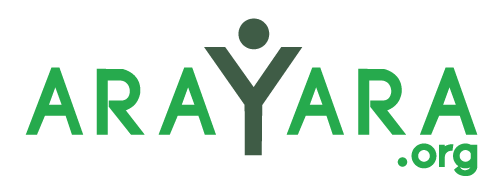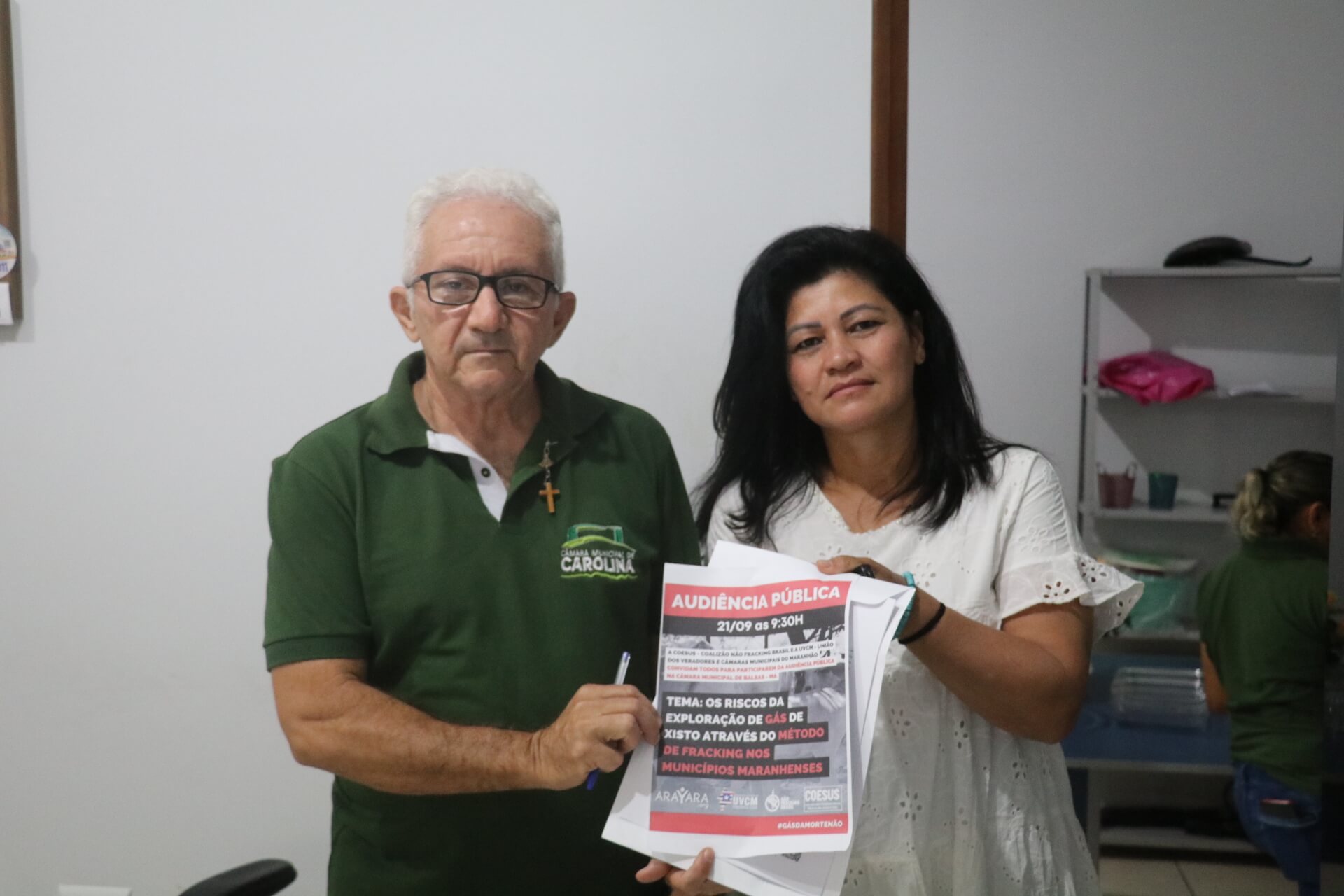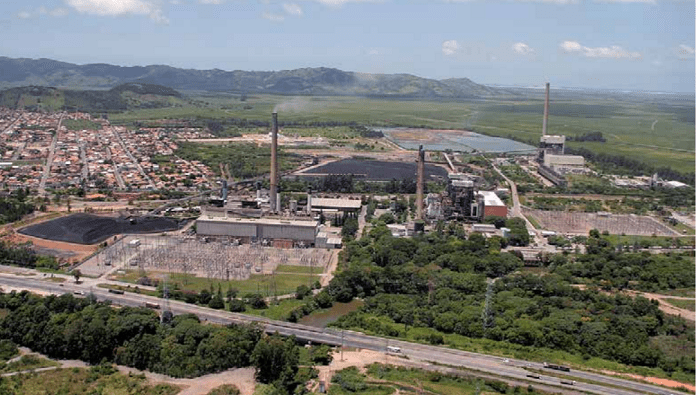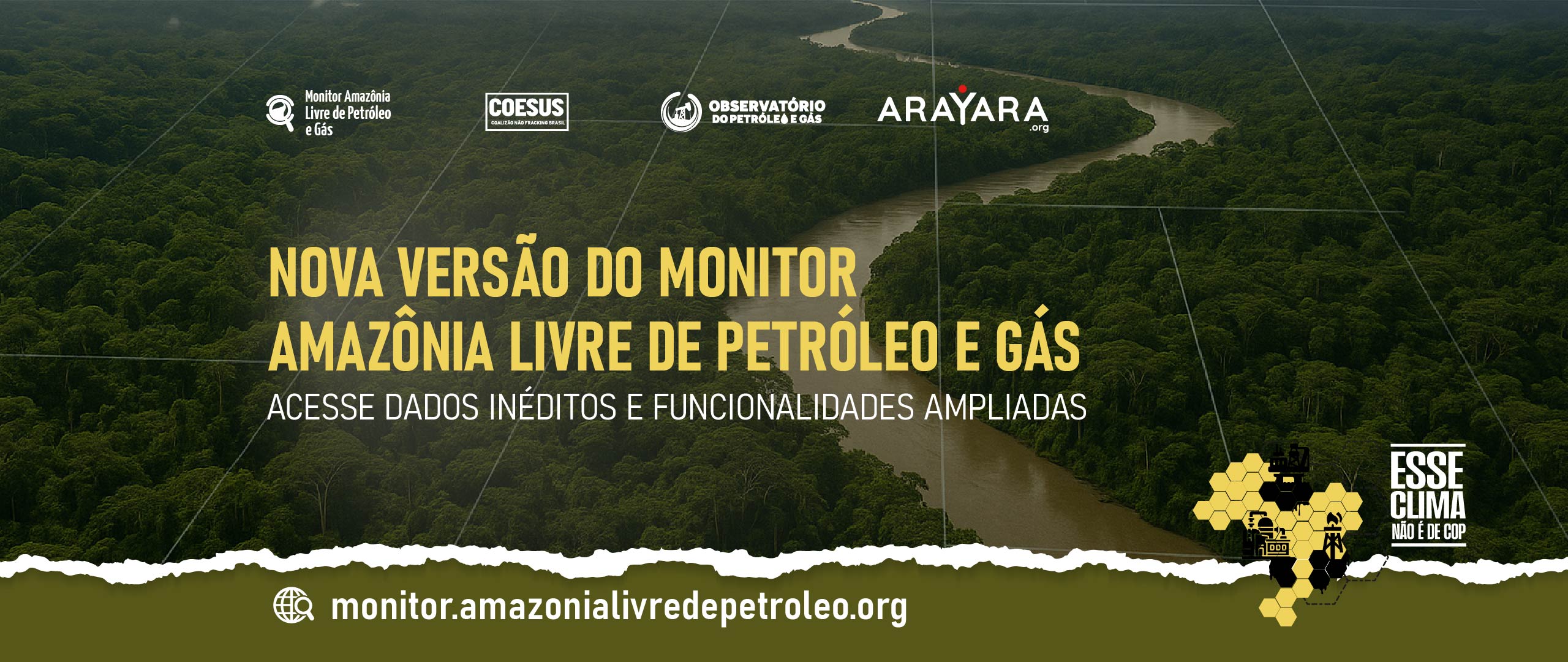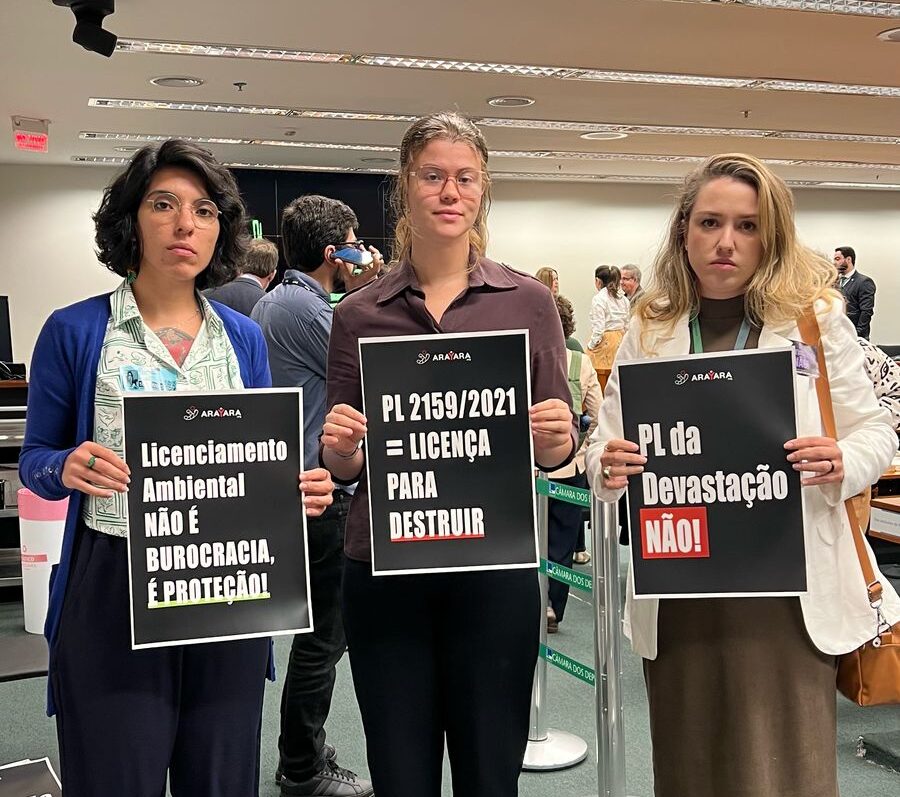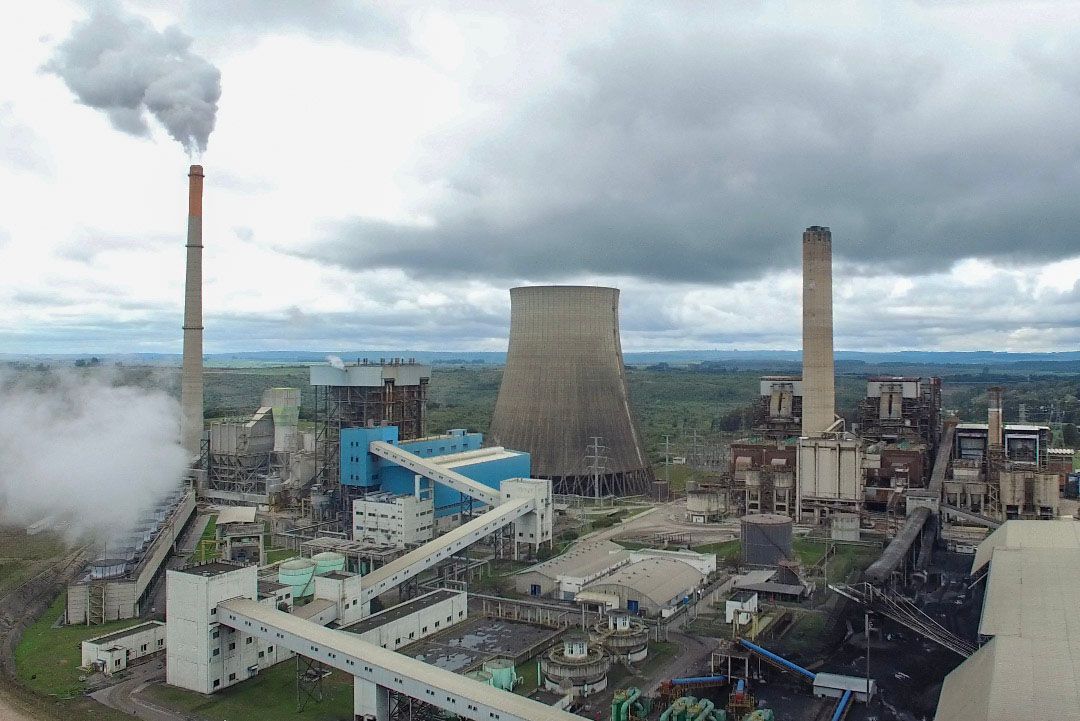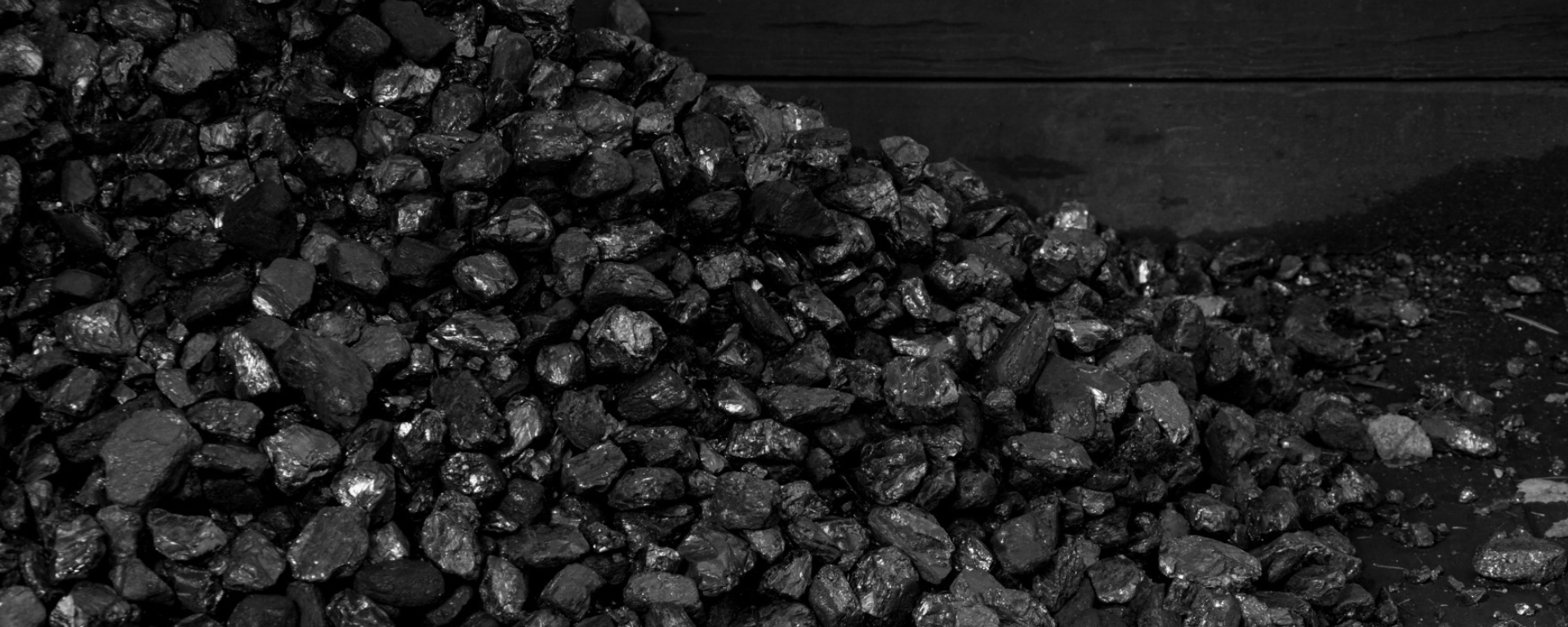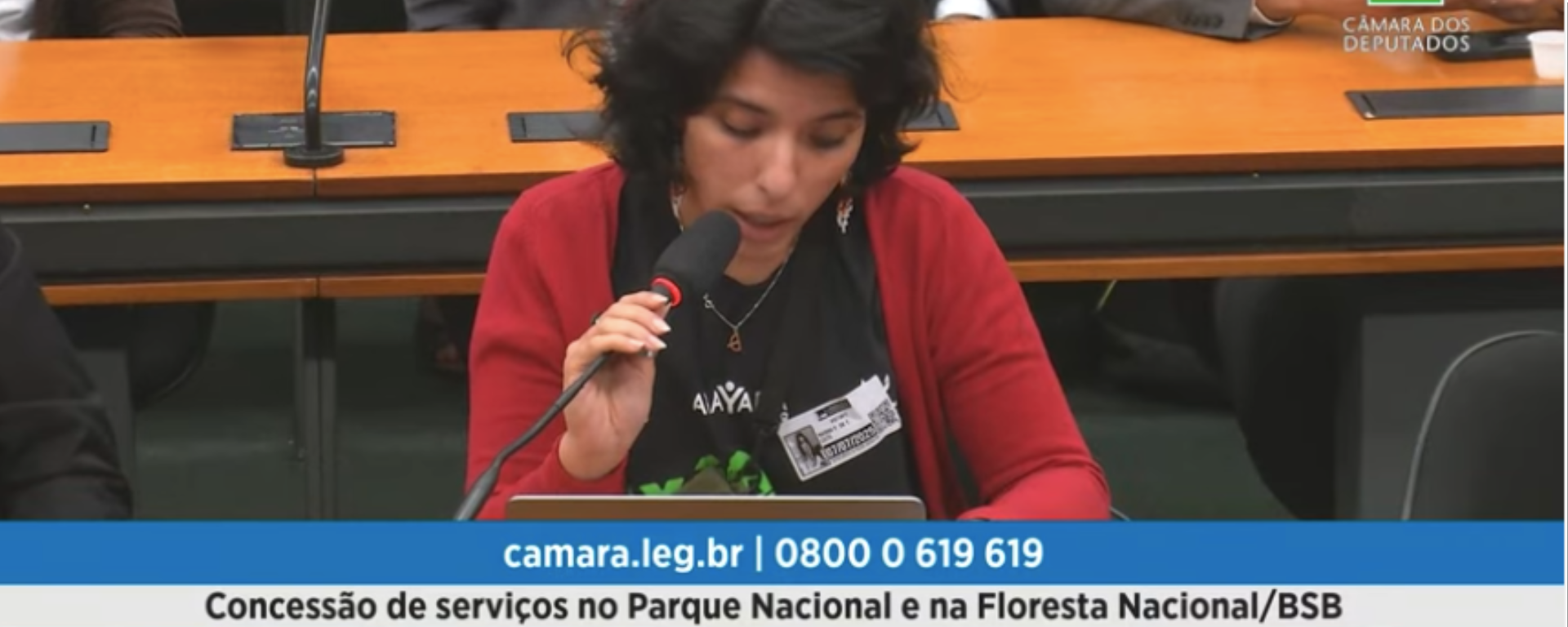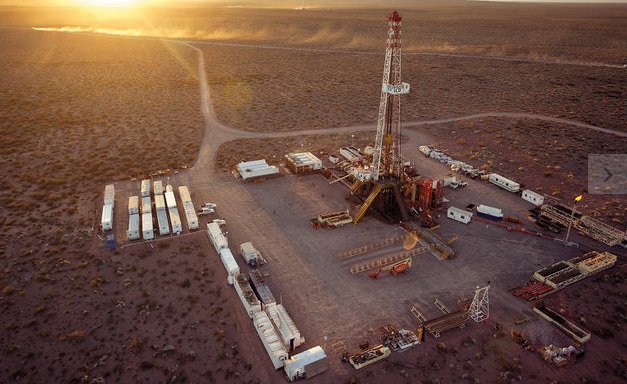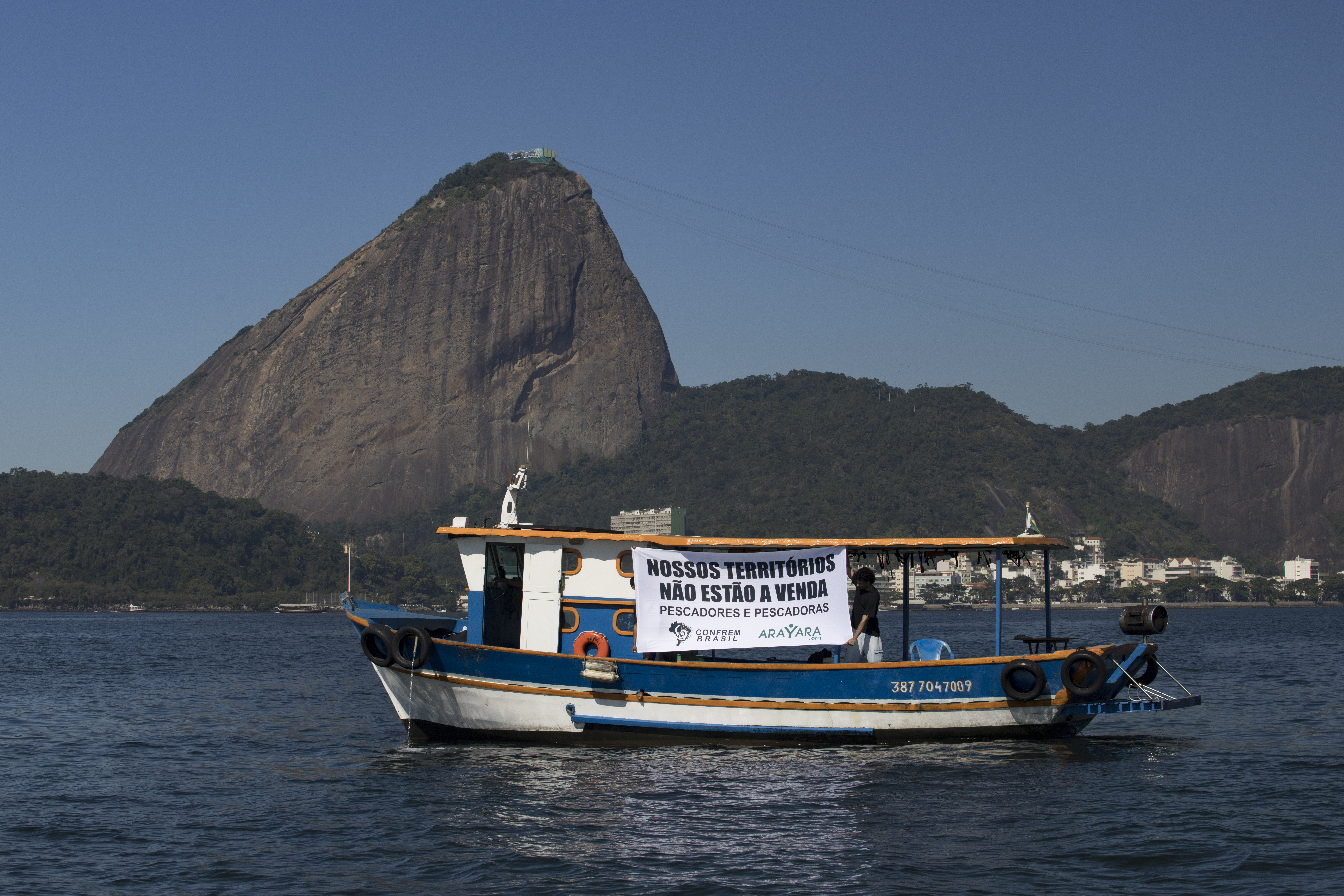No Fracking Brazil participated in several meetings in the municipality and gave a speech at the X Pilgrimage of Youth
What is fracking?
Fracking – also called hydraulic fracturing – is a process that involves injecting large volumes of water, chemicals and sand at high pressure into underground rock layers to release trapped natural gas. Despite being a technique already used in several countries, it is controversial because it causes environmental and ecological damage, including contamination of groundwater, release of greenhouse gases, induced earthquakes, etc.
Chapada das Mesas, located in the municipality of Carolina, in Maranhão, is a natural treasure. With its National Park, it attracts tourists from all over the country. However, this region is threatened by the possibility of exploiting shale gas through fracking.
COESUS – Coalition No Fracking Brazil for Water and Life, a campaign of the Arayara International Institute, was present at the event of the X Pilgrimage of Youth, promoted by the Youth Pastoral and by CNBB – National Conference of Bishops of Brazil. During the pilgrimage, activist Dalcio Costa, a member of COESUS, took the stage and gave a presentation on the negative impacts of fracking on work, life and the future of youth.
Carolina has a thriving tourist market, boosted by the Chapada das Mesas National Park, which may be threatened by the presence of fracking in the region. The state of Maranhão already has 64 municipalities auctioned for the unconventional exploration of shale gas, but the impacts of the method are not restricted to the directly affected areas, also reaching neighboring cities.
The COESUS team undertook a series of training courses on the impacts of fracking in the municipalities of Maranhão. The city hall, the city hall, the forum and the Public Ministry of Carolina were visited, with the aim of raising awareness and informing local authorities about the risks of fracking.
During the visit, the COESUS team had the opportunity to visit Carolina’s historic church. Over 100 years old, this temple is considered sacred by its faithful and the cross erected in front of the church dates back to the Jesuit era.
